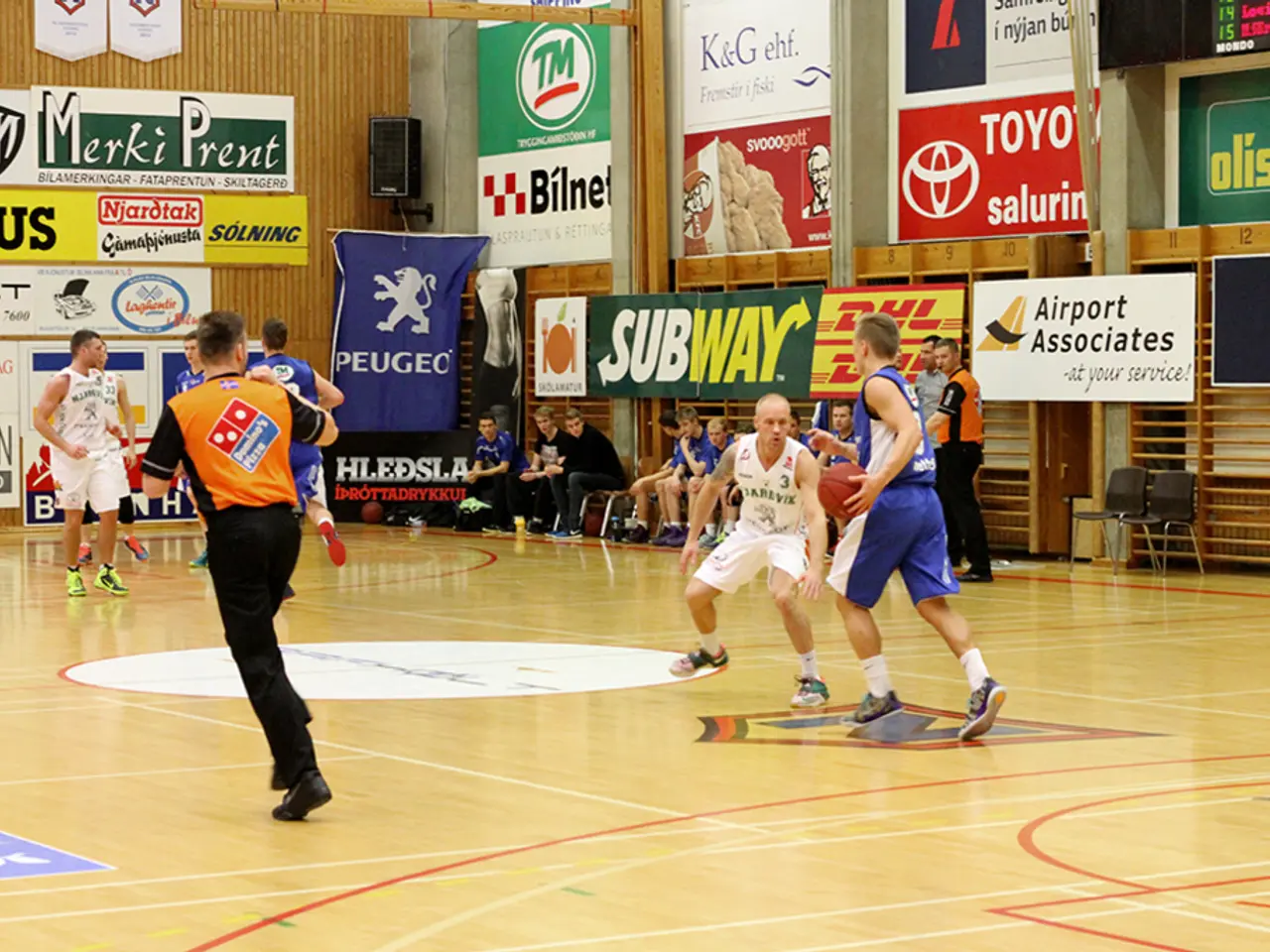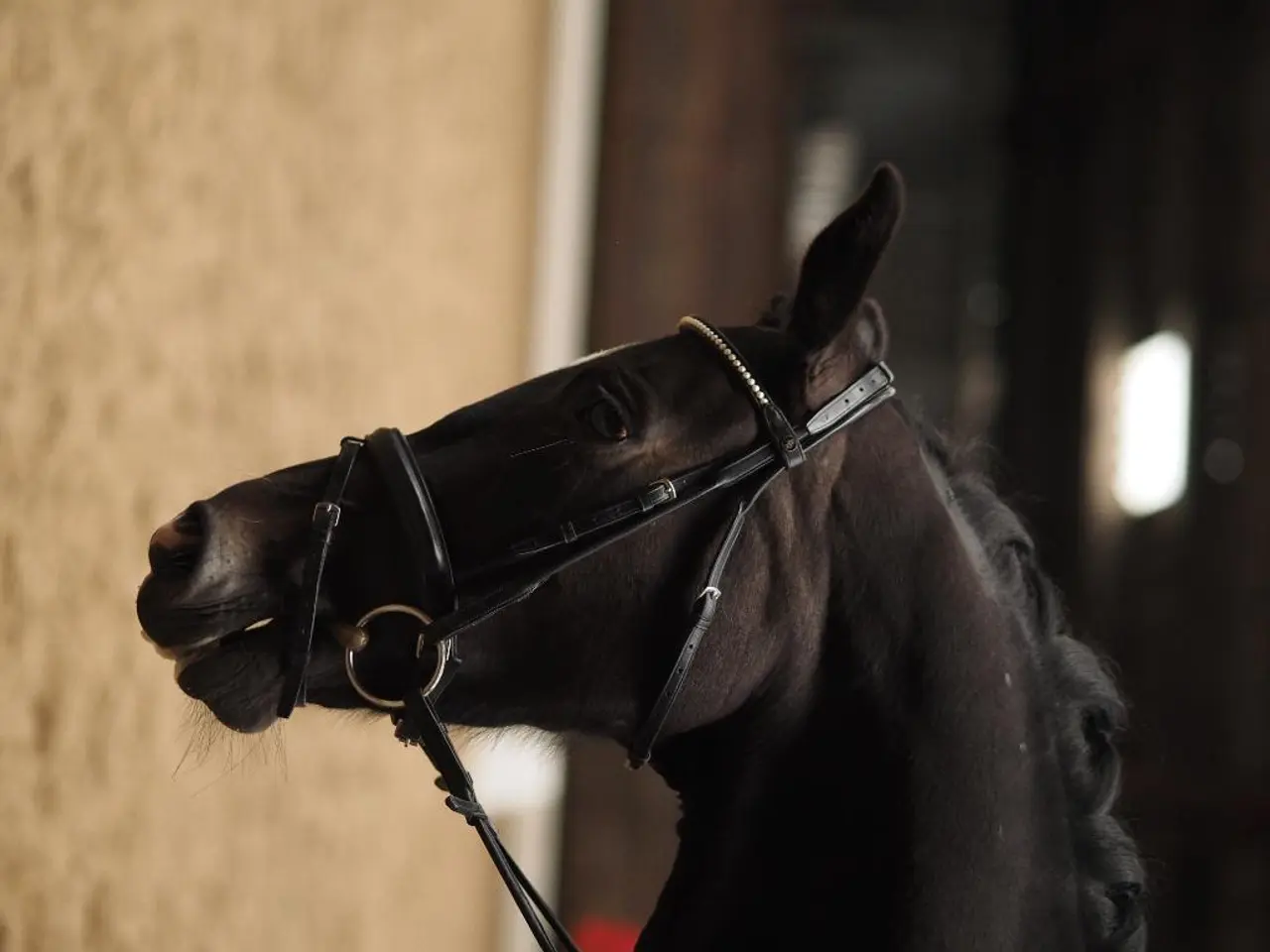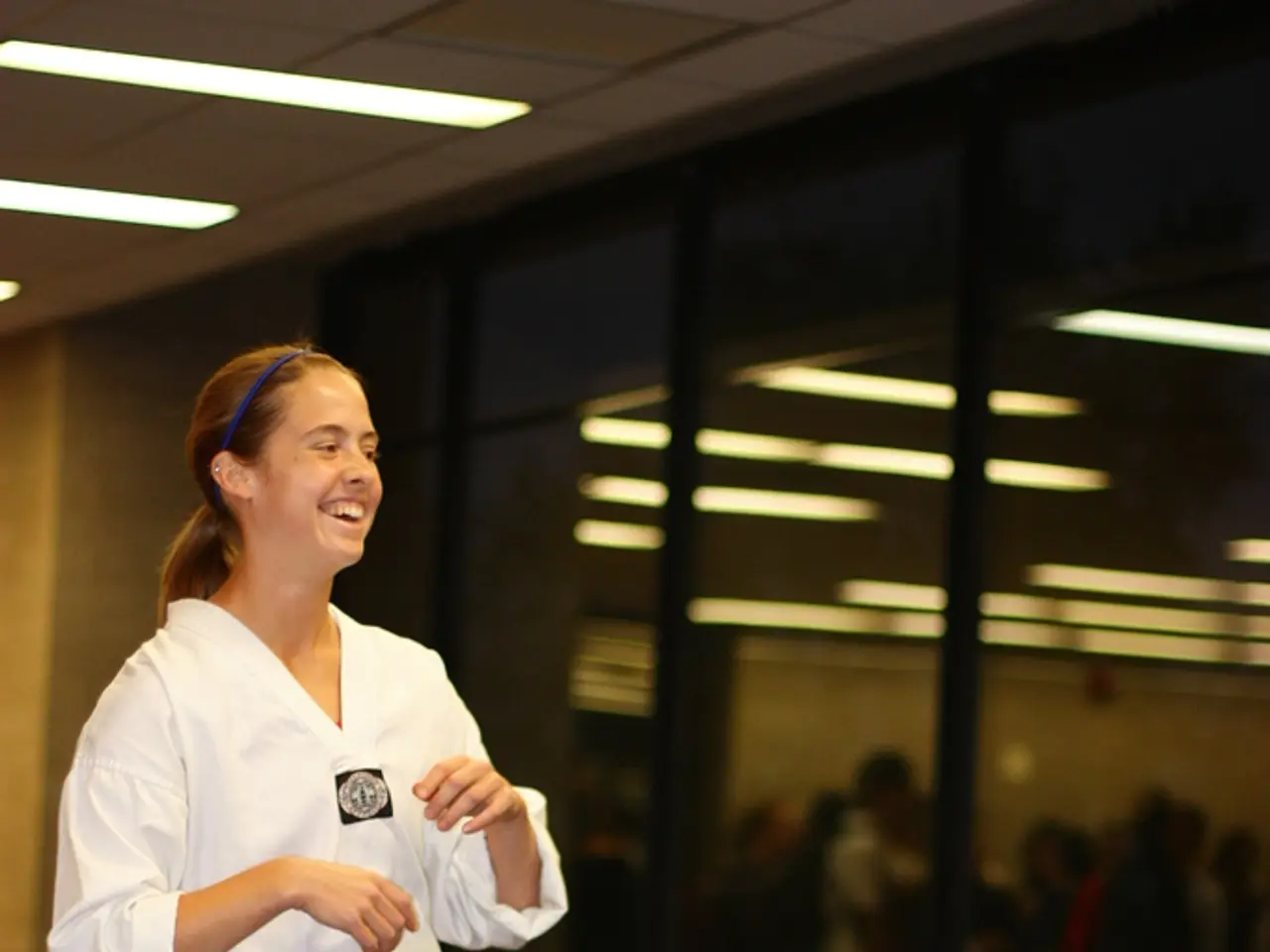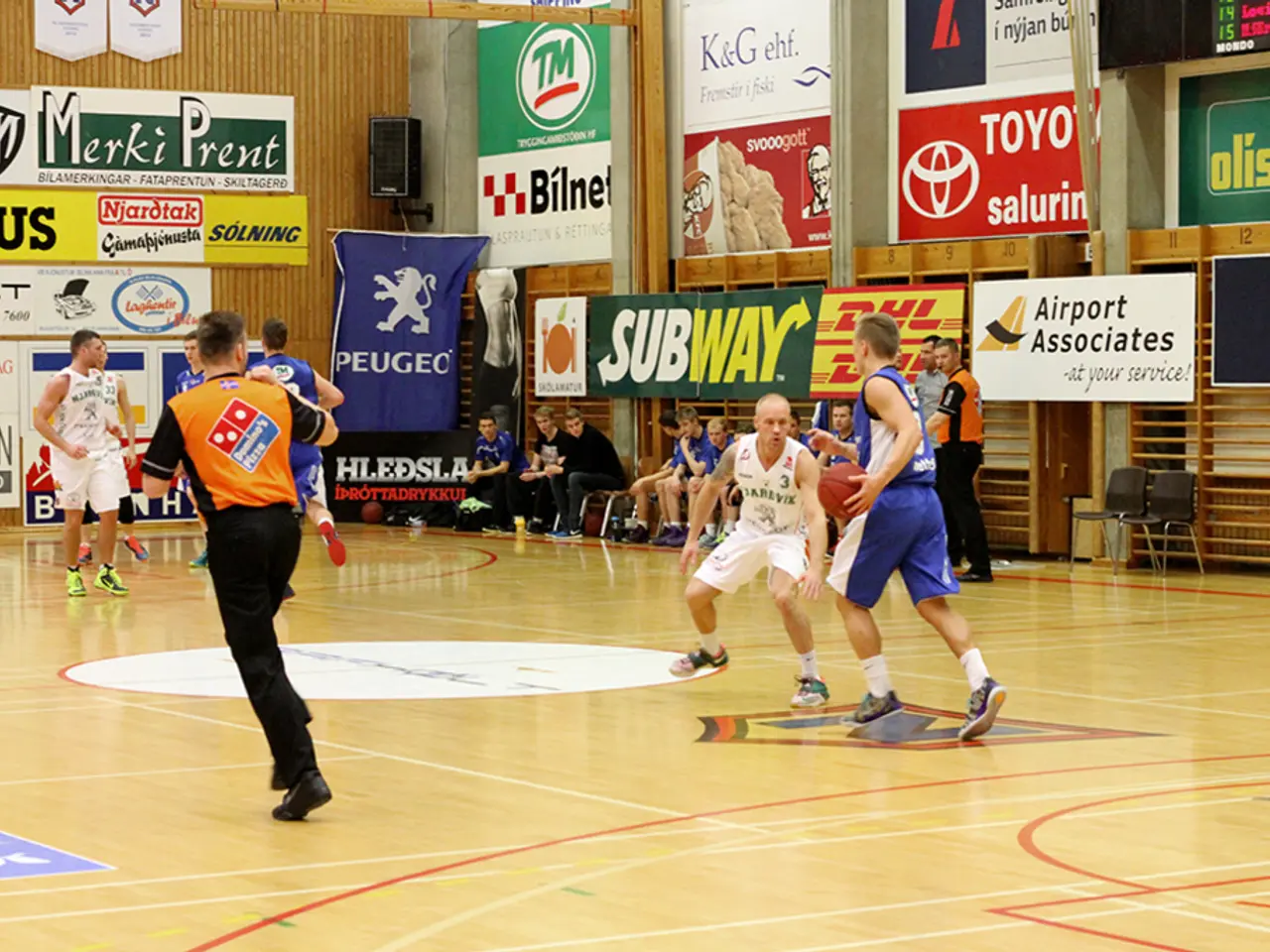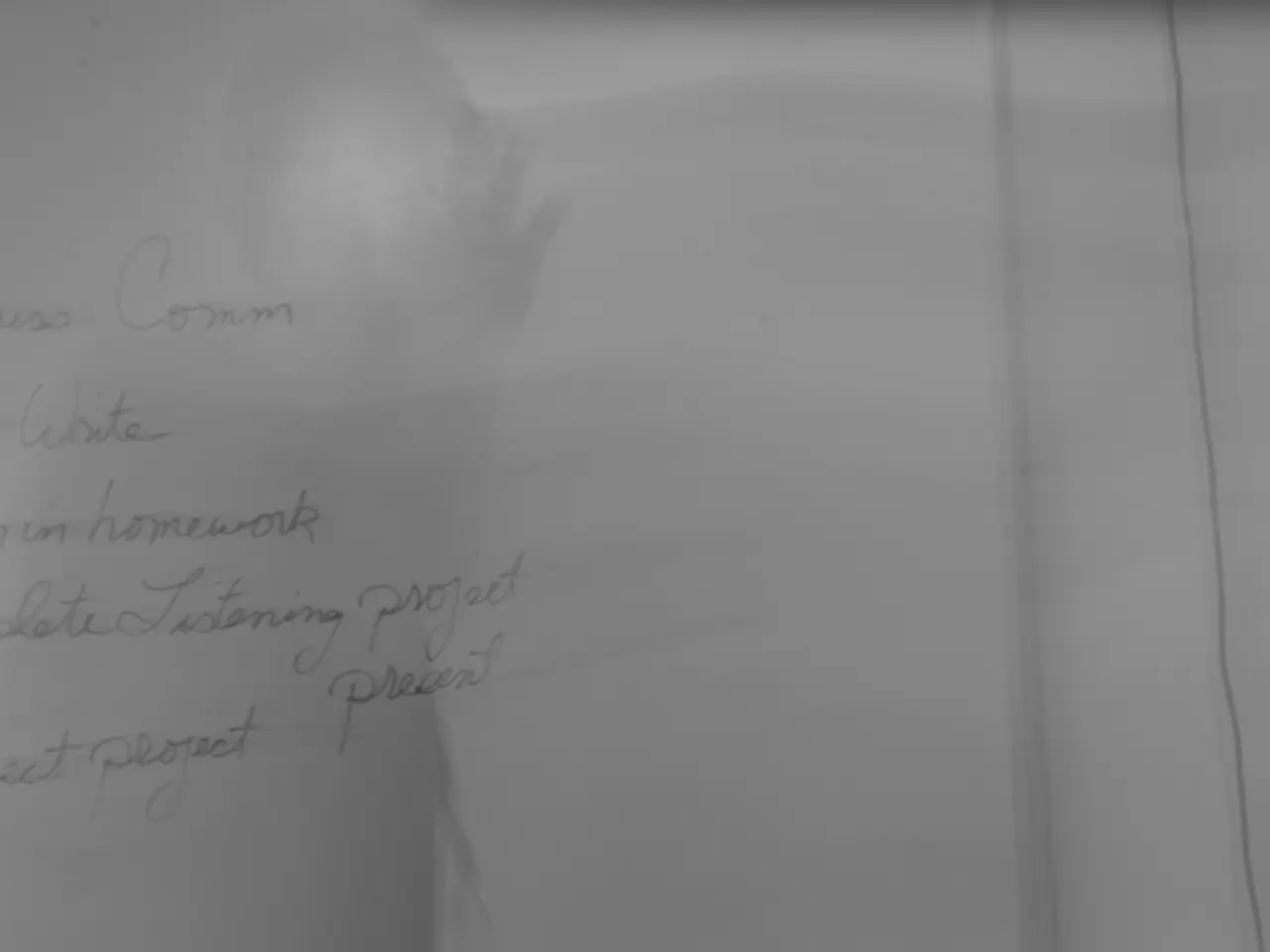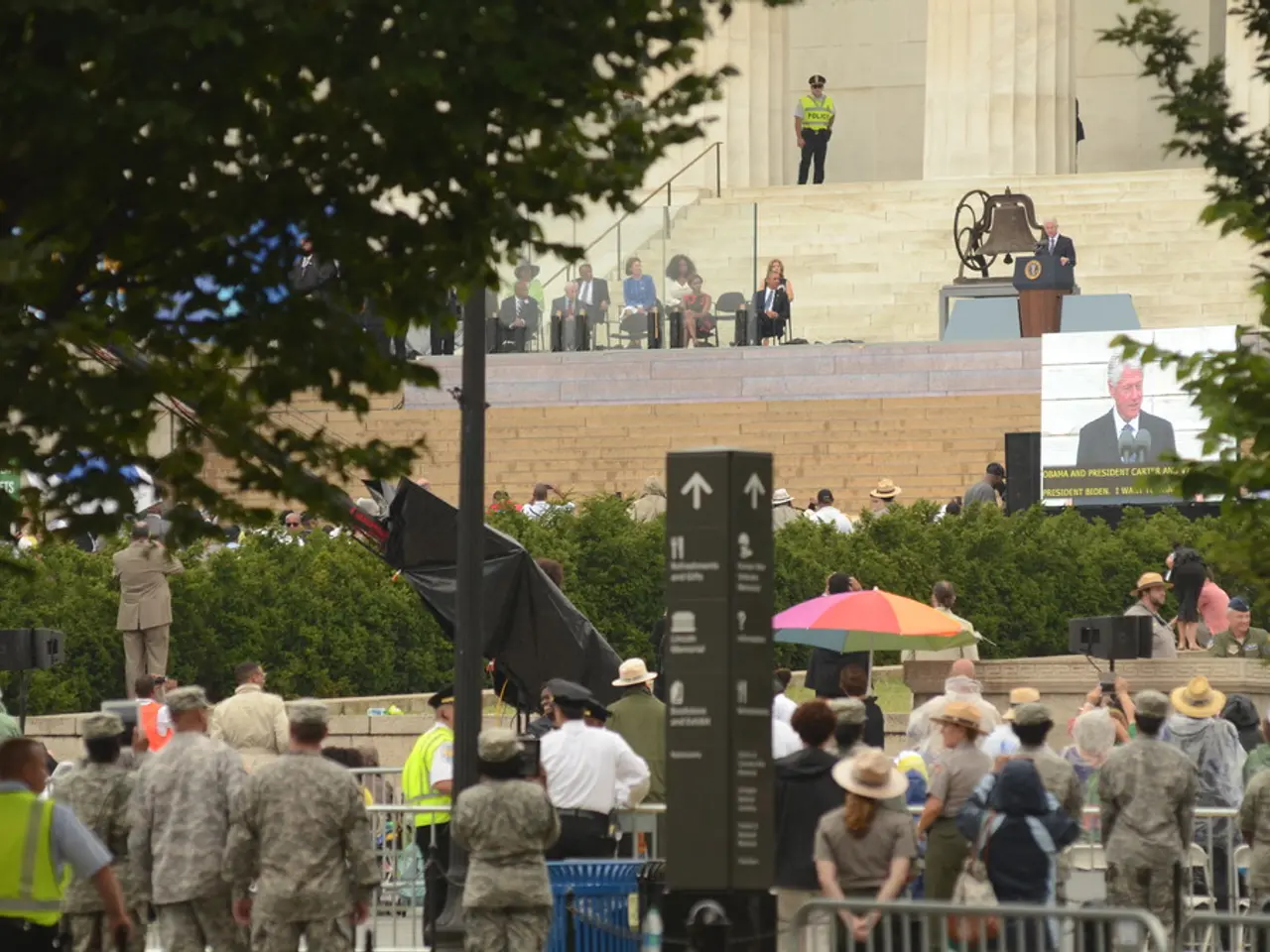Bayern Munich triumphs in basketball, marking the occasion with beer, cigars, and violets.
Party After a Grueling Season: Munich's Bayern Basketball Takes the Title
The Munich basketball team erupted in celebration after clinching their seventh championship over ratiopharm Ulm in a nail-biting final. Business manager Marko Pesic, sporting a black eye from an overzealous teammate's celebration, couldn't contain his relief after the thrilling victory.
"We made it," Pesic declared, acknowledging the relief he felt following the semi-final loss in the cup and the failed attempt to qualify for the Euroleague playoffs. He described this championship as "a bit special," explaining, "Obst and Voigtmann threw me into the ice bath in the SAP Garden locker room."
A Wild Night to Remember
The party kicked off with Andreas Obst touting his boss's impending exhaustion, suggesting that the celebration may not last long. "Is he crazy or what?" Obst quipped, promising his colleagues a night they would never forget. "No one's going home until it's daylight." World champion Johannes Voigtmann meekly agreed.
The pressure on the team was evident in a comment from club president Herbert Hainer, who, after the victory, said, "If we lose today, the whole season is down the drain."
The Road Ahead: Challenges and Opportunities
Coach Gordon Herbert looked happy and drained, much like he did in 2023 after the World Cup triumph. As the former national coach, he had worked tirelessly for 365 days. "I have no idea," he answered when asked about future plans.
The challenges for the German basketball champions will not be easing up anytime soon. The bosses stress their commitment to the Bundesliga, but the ultimate goal remains a top spot in the Euroleague. With 20 teams playing in the future, the regular season alone will consist of 38 games, positioning the league as a formidable competitor to the NBA's growing presence in Europe.
Financially, Bayern can't compete with some of the teams, especially those from Southern Europe, who are expected to invest heavily in their rosters. To address this, EuroLeague is in talks about potential financial reforms such as salary caps and Financial Fair Play rules to create a more level playing field.
Financial Reforms on the Horizon
Discussions about financial reforms for the 2025–26 season are gaining momentum. EuroLeague Basketball has ratified new financial regulations alongside long-term club commitments aimed at deepening the league’s commercial footprint. Expansion to 20 teams is planned, with a possible future expansion to 24 teams organized in a two-conference system. Long-term and mid-term wildcards are being issued to various clubs, including a five-year wildcard to Dubai Basketball and three-year wildcards for teams like Crvena Zvezda, Partizan, Virtus Bologna, and Valencia.
EuroLeague is also considering introducing a Financial Fair Play system and moving towards a salary cap to enhance financial sustainability. The new reforms include minimum spending thresholds, salary cap rules for under-23 players, and measures to ensure player security and workload management. These measures aim to sustain competitive balance, ensure long-term economic stability, and maintain player welfare amid financial reforms.
With enriching discussions about the future of the EuroLeague, Bayern's basketball team is already gearing up for next season, ready to defend their title and keep up with the league's financial dynamics.
The triumphant Bayern basketball team, having secured their seventh title, might find themselves competing against the likes of NBA teams in the future, as the Euroleague aims to become a formidable competitor with its expansion and financial reforms.
In light of these changes, the team's coach, Gordon Herbert, expressed readiness for the upcoming challenges, looking forward to defending their title and maintaining their position among Europe's top basketball clubs.
